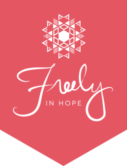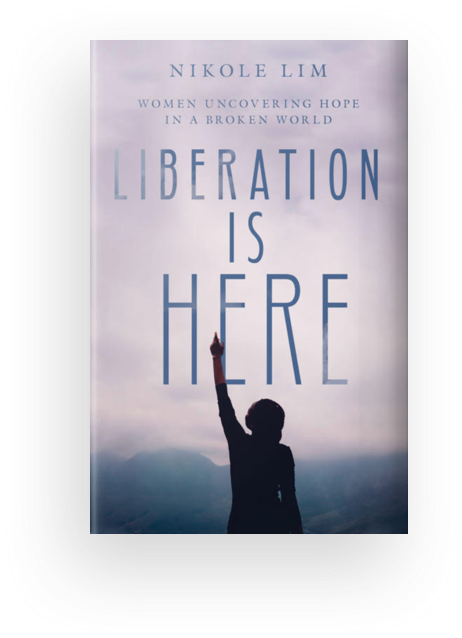Founder's note
“What is a nonprofit?” I typed into the Google search.
I had expended most of my savings to help pay for Nekesa, Marie, and Mubanga’s tuition and I was afraid of what might happen next semester. Since I’ve worked with several nonprofits as a filmmaker, I needed to learn what their internal process was. Perhaps, with a nonprofit, I could find a way to fully fund their dream of graduating from university.
Instead of documenting stories as they were, I began to imagine what it might look like to be a part of creating changes in their story. I’ve worked for several nonprofit organizations documenting stories across the world—as much as I loved engaging in a new culture and showcasing their success, I hated leaving.
I hated leaving people in their situations after they so courageously revealed their lives to me. The complexity of their experiences were tangled with the aftermath of colonialism, the influx of corruption, the lack of access to resources in poverty, and gross sexism that normalized the violation of the female body, required a long-term solution beyond a feel-good story. As the hired contractor, I didn’t know if the organizations that hired me would follow through beyond the handout and into sustainable impact, I had no control over that. I hated not having control.
I hated not having control of how some of the stories were represented. I was hired to document stories in a way that leveraged the dignity of the beneficiary while also celebrating the success of the organization that helped them. Organizations wanted their storyline to flow in a way that best served their fundraising goals. While their content was necessary, I knew the journey of the story could not be accurately captured within a carefully scripted, three minute film. To fit the time requirement, the stories could not fully capture the complexity of their evolution. Without adequate time to develop each story, women were viewed as complacent in their oppression—that they were satisfied just by earning enough income to feed their family. But from what I heard, they desired so much more. Their dreams were always beyond themselves—dreaming of becoming the next generation of doctors, lawyers, psychologists, and politicians so that they could bring change to their community. Yet access to higher level educational opportunities were only for the select few who were top performers in their continent.
“What are you going to do about it?” A voice asked me.
I began to reimagine what their rewritten stories could look like.
What would it look like if Mubanga was able to learn in a safe environment outside of the township she was raped in? What would it look like if Marie could begin to recognize the power of her voice? What would it look like if Nekesa could achieve her dream of being a social worker to walk with other survivors of rape? What would the dreams look like for the countless other little girls—who’s stories I am yet to know? What would it look like if achieving their academic dreams contributed to systematic changes across the globe? Education, beyond “free” primary education subsidized by the government, was always the plea for the girls that I encountered. Only 26% of primary school students transition to high school and only 4% of high school graduates go on to college. In my work, I noticed a common thread—lack of access to education made girls more vulnerable to sexual violence. If education is what they desired most, then perhaps, I could begin there. Their stories birthed a new dream in me.
Daily, my work requires me to delve into the hellish reality of unimaginable experiences of gross abuse. Neither words nor images can fully convey the emotional crises, psychological torment, and heart-wrenching pain that my daughters in these places have been forced to endure. When I feel like giving up under the weight of violent injustice, I am reminded of their stories. The survivors who refuse to give up, live into the new day—graciously extending themselves on behalf of others through their advocacy efforts, through their educational dreams, and through their compassion for other versions of themselves. Their shared experiences with me give me hope to also live into the new day—pursuing the vocational call toward justice once more.
In this journey of learning to love, my community of survivors taught me how. When words could not express the pain in hearts—we would sing and we would dance, we would cry and we would laugh—we would remind ourselves of the beauty we see in each other. I’ve seen that they are not defined by their past of trauma, but they are thriving through their rewritten stories—stories that are filled with audacious dreams. When given the opportunities to pursue those dreams again, we see that brokenness is not something to be hidden—but unveiled as a thing of beauty.
I have learned from their authentic voices that speak truth into dark places.
It is the voices arising from places of oppression that provide a sense of hope for healing, for liberation, for me. These are the stories that have transcended into my being—they have unlocked my angry and bitter heart which held onto everything but that which was beautiful. There, I realized that this image of my broken self was in need of a healer—one who would free me from the captivity of myself, who would bring the healing light into the dark corners of my heart, and release me into freedom.
At every juncture of grief where my spirit was cracked to the point of no return, came an experience that mended it back together—reminding me that these survivors were the leaders I’ve been waiting for. It became very clear to me that the oppressed would be the ones to lead us into liberation. Through their stories, their wisdom, through their experiences of pain and their models of love, survivors have the potential to become the most powerful leaders in our midst.
I have learned that healing is hidden in the most unexpected places—in brokenness, in pain, in despair, in suffering because that is where love’s presence is a necessity. Just as light coexists together with darkness to make a photograph visible, the juxtaposition of seemingly opposing attributes have the potential to expand the capacity of our heart.
Pain expands our capacity for joy—simultaneously deepening and elevating our heart’s potential to experience a broader spectrum of pain and joy together. Without the experience of pain, we wouldn’t know what joy could be. I never knew what it was like to laugh unrestricted until being in community with survivors who have experienced so much pain, yet were able to laugh with freedom. They taught me how to experience joy, observe beauty, embody hope, and expand in love in ways that I never knew before.
While I was working hard to heal their wounds, I found that their courageous lives were actually healing mine.
For where there is pain, there is an abundance of joy.
Where there is brokenness, there is mysterious beauty.
Where there is despair, there is always hope.
Where there is suffering, there is love.
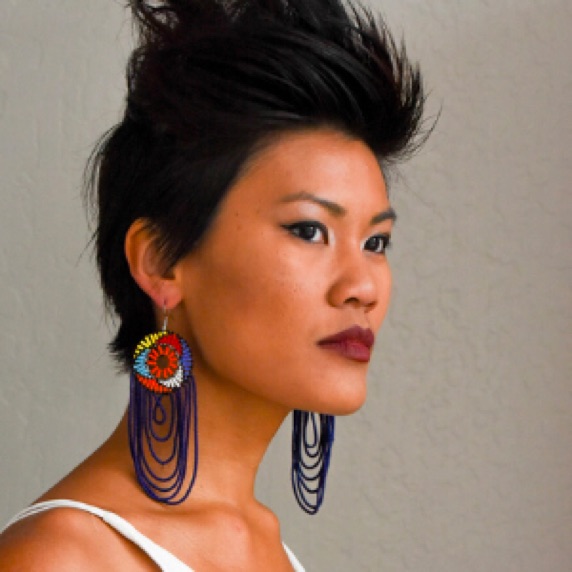
Meet Nikole Lim
Founder & International Director
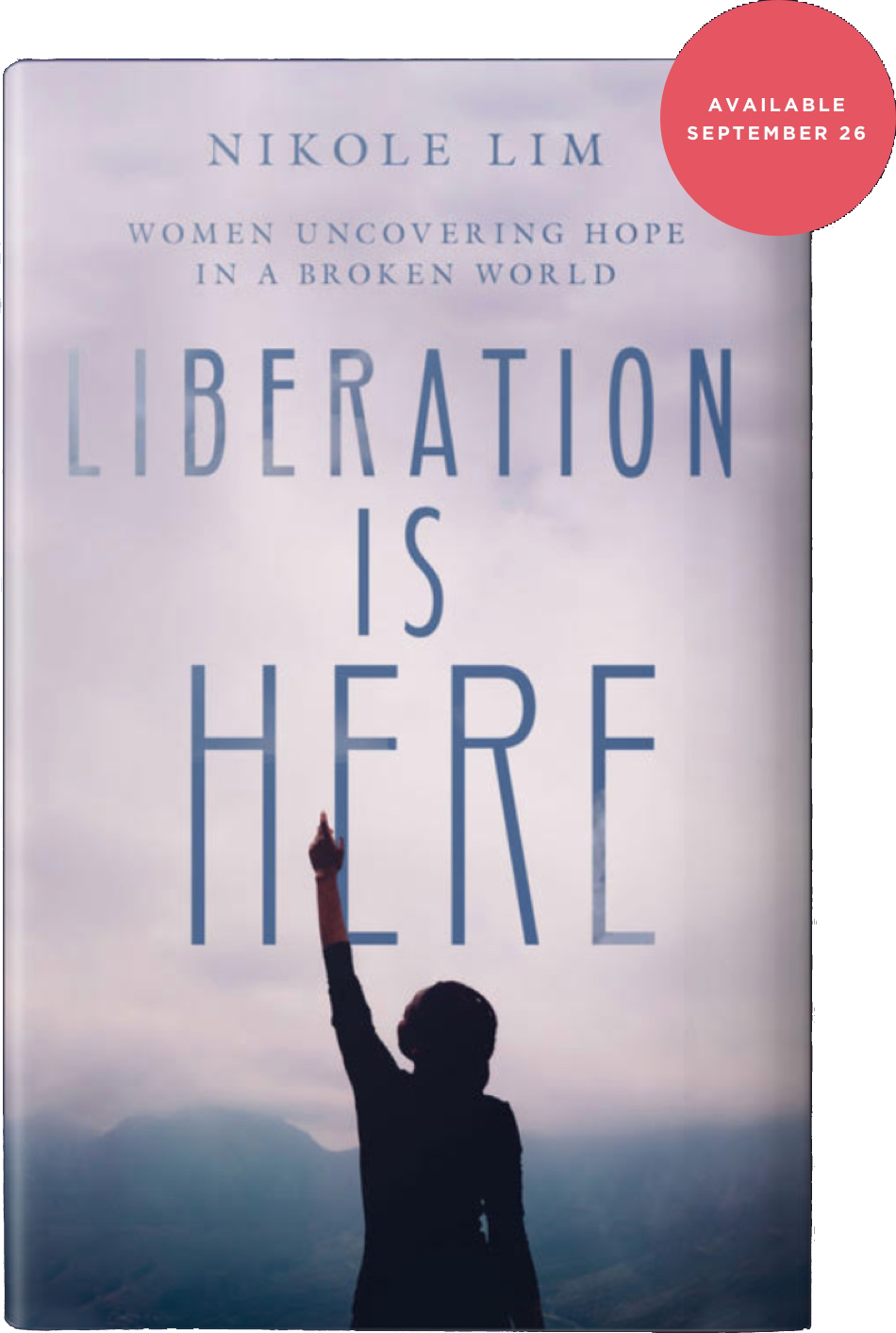
LIBERATION IS HERE
Liberation Is Here is the story of Nikole Lim’s journey as an idealistic freelance filmmaker. Her career allowed her to step in and out of the lives of people who had experienced oppression around the world. But when confronted with the prevalence of sexual violence in Kenyan and Zambian communities, she commits to advocating alongside the courageous survivors whose lives have intersected with her own.
These women’s powerful stories inspire her to embark on a new vocation, partnering with survivors of sexual violence to launch Freely in Hope—a nonprofit organization that equips survivors of sexual violence to lead through their rewritten stories.
But as Lim embarks on the journey towards liberation with the survivors she serves, her perspective is radically altered. Exhausted and deathly ill, she witnesses how these young women become her healers—the once oppressed become her liberators.
From the slums of Nairobi, hospitals of Lusaka, killing fields of Kigali, and the back alleys of Barcelona, Lim weaves together stories presenting a narrative of God’s grace and healing amid fear and trauma. Her journey proves that liberation is not just near, but it is here—in the eyes of the broken, the hearts of the oppressed, and the untold stories of our global community.
Nikole is a storyteller of the highest order. Whether via writing, speaking or filmmaking, Nikole has an eye for compelling characters and an ear for the key phrases that make a difference in a person’s life. She brings profound spiritual insights to our campus every time she speaks.
CRAIG DETWEILER
Professor at Pepperdine University
Nikole Lim is a much needed voice of hope for our world. Her unique perspectives about justice, human care, and collaborating towards a better world are both inspirational and challenging. Nikole will help shape the way we all think about doing good for years to come.
Charles Lee
CEO of Ideation & Author
Nikole Lim is one of the most powerful communicators I know. She talks about stuff that really matters, in this world and the next. Her writing, speaking, and photography paint a powerful picture of the world as it is… but they also help us dream of the world as it could be.
Shane Claiborne
speaker, activist, and best-selling author
